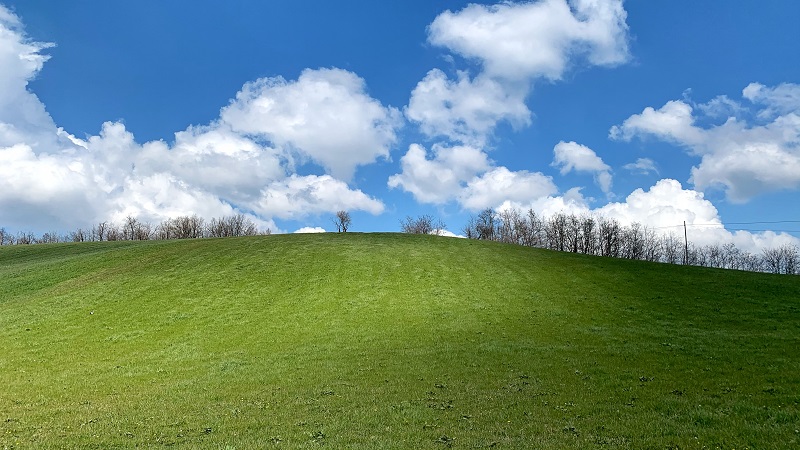
CASALGRANDE SUSTAINABILITY
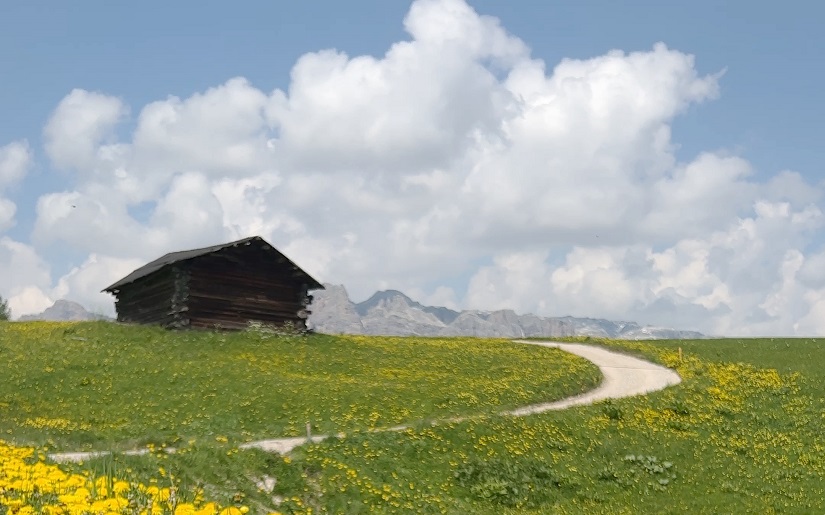
“We innovate respectfully and sensitively. Knowledge and technology alone are not enough”
Manufacturing cutting-edge ceramic products in a perfect balance between eco-sustainability, environmental protection, technological advancement, economic growth and social responsibility is deeply ingrained in Casalgrande Padana’s DNA.
The deliberate star of a well-balanced growth, the Company is proud of its manufacturing cycle, in which every processing step is driven by the pursuit of the highest standards, using ultimately sustainability-oriented industrial plans and environmental and energy procedures.
Being ‘green’ sounds to trite and commonplace nowadays; that’s why Casalgrande decided to do much more than that.
Out-and-out virtuous
The production process is a closed cycle: all scrap from the manufacturing stage, including waste water, is treated and reused. Using special plants, all of the components are recycled and reclaimed. Emissions deriving from the production process are purified using abatement plants that draw on the best technology available to allow us to comfortably respect the limitations established in law. Casalgrande Padana’s environmental policy also includes Green Procurement criteria, which are designed to help favour sustainable suppliers and reduce the environmental impact of our activities and products at the root cause.
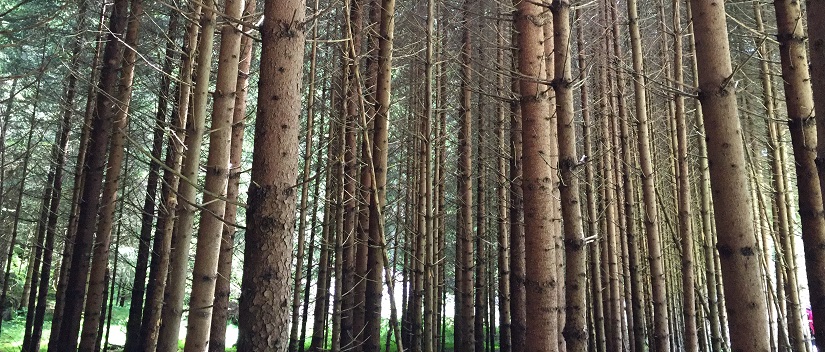
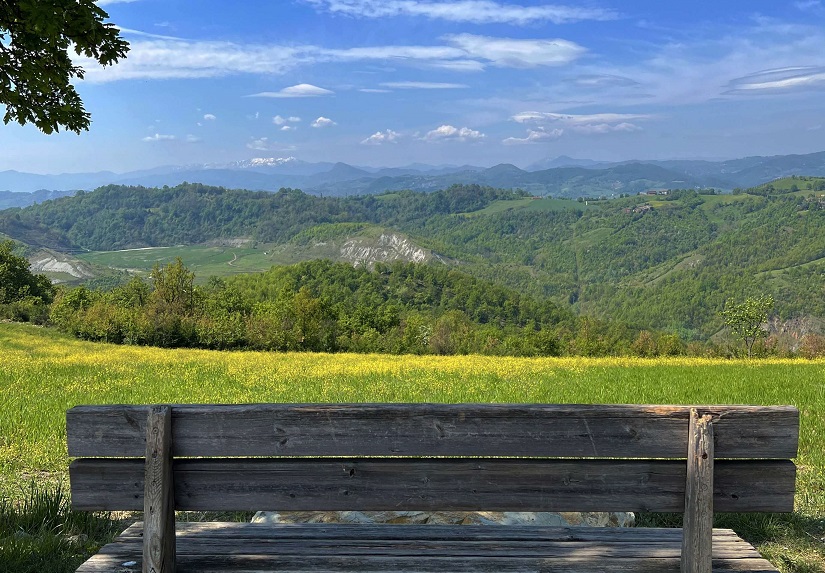
Our energy is your energy
Casalgrande Padana’s environmental policy is focused on respecting the environment, keeping consumption down and optimising efficiency. Methane gas, one of the fossil fuels with the lowest environmental impacts, is used to power our furnaces. All premises are heated using a system that recycles the heat of the ovens, using air-to-air heat exchangers for our factories and air-to-water exchangers for our offices and changing rooms. Energy self-production is ensured via two high-efficiency cogeneration plants powered on methane gas (6000 KWh for 5000 hours power per annum), which link a gas turbine with an atomizer. The system allows us to make the most of the full potential, made up of 25% electrical energy and 75% thermal energy, as this would otherwise be lost. Electricity produced in this manner covers 50% of our entire industrial requirement, while the warm air generated by the turbine is reused inside the atomizer. Thanks to this impressive optimisation of the process, we are able to reach near 100% efficiency, an excellent result when compared to the 40% achieved by a traditional turbine plant. All of the strategies and action we have put into place have allowed us to achieve important results in the fields of energy saving, the rationalisation of technological process and the use of primary fuels, thus substantially reducing the burden on the environment. This demonstrates Casalgrande Padana’s acute awareness and sense of responsibility in regard to the needs and wellbeing of the community as a whole.
Environmental certificates and Green products
ISO 14001
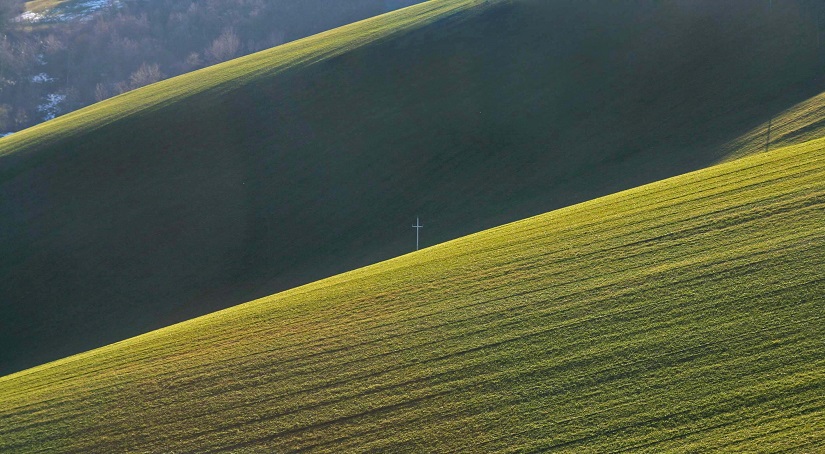
EMAS certification
Used to monitor and improve the Company’s environmental performance, EMAS regulations are above all a voluntary tool of great value and social impact. To implement it, Casalgrande Padana set up an environmental management system within its site, which, based on a thorough analysis of its own environmental impacts and an objective assessment of their extent, establishes an improvement plan, with relevant targets and indicators to measure the success of such plan. With its environmental statement, Casalgrande Padana makes a specific pledge to its stakeholders. The credibility of the entire mechanism is substantiated by an accredited third-party auditor.
LEED certification
The LEED certification (Leadership in Energy and Environmental Design) was developed and launched in the United States in 1999 by the US Green Building Council, the organisation that brings together the US building, research and governmental stakeholders to provide the building industry with a useful sustainability-certification system.
Such certification assesses and certifies the environmental, social and economic sustainability of a building, from design to everyday management, through a flexible system in which different formulas apply to different types of buildings: LEED New Construction (NC), Existing Buildings (EB), Commercial Interiors (CI), Core & Shell (CS), Homes, Neighbourhood Development.
In particular, the LEED-NC applies to new constructions and major refurbishments.
LEED is a voluntary certification that has just recently made its debut on the global scene and is now an accredited sustainability-certification system for the building industry.
In the certification procedure, buildings are rated depending on who well they comply with a number of LEED prerequisites and credits, in 6 areas:
1. Sustainable site
2. Efficient water management
3. Energy consumption and impact on the atmosphere
4. Materials and resources
5. Interior environmental standards
6. Innovation in design.
To meet LEED credits in the proportion of recycled materials, Casalgrande Padana applied for and received from the CERTIQUALITY Quality Certification Board the “technical product-certification document for building products with a proportion of recycled material: ceramic tiles or semi-finished products to be used in the manufacturing process”.
For their distinctive properties (antibacterial), all of Casalgrande Padana’s Bios products are eligible for the LEED credit ID 1.1-1.4 “innovation in design”.
LEED is a voluntary certification that has just recently made its debut on the global scene and is now an accredited sustainability-certification system for the building industry.

